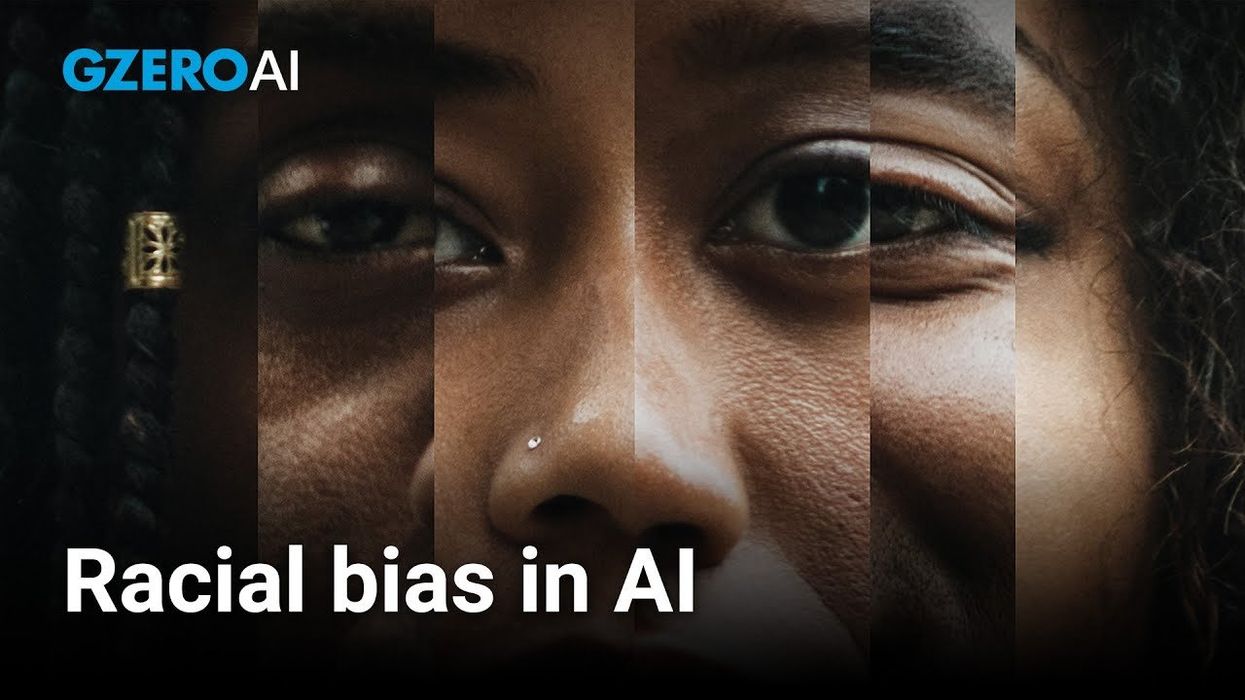GZERO World with Ian Bremmer Podcast
The risks of reckless AI rollout with Tristan Harris
Tristan Harris, co-founder of the Center for Humane Technology, joins Ian Bremmer on the GZERO World Podcast to talk about the risks of recklessly rolling out powerful AI tools without guardrails as big tech firms race to build “god in a box.”
Oct 25, 2025



